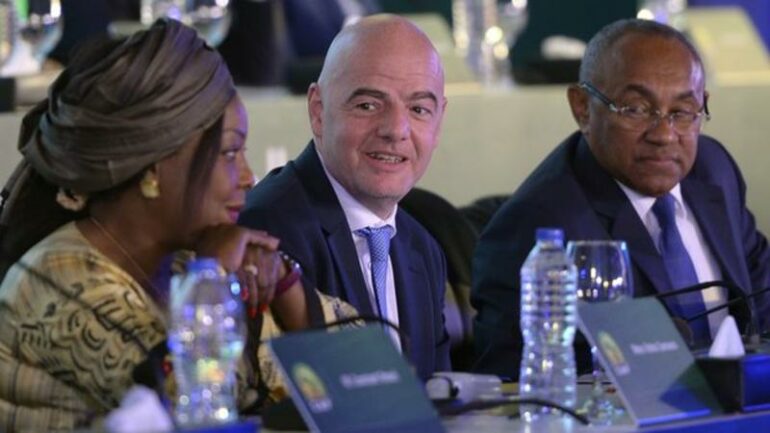The confidential audit by PwC paints CAF as a shambles of epic proportions, a quasi-complete failure to subscribe to the most elementary rules of accountancy. It reads more like an indictment. Or a suicide note.
By Philippe Auclair and Pål Ødegård
To many the appointment of FIFA's Secretary General Fatma Samoura to the role of 'FIFA General Delegate for Africa' from 1 August 2019, had been nothing but a disguised takeover of CAF by FIFA .
Some even used the word 'colonisation'.
It didn't seem to matter that FIFA had intervened at the formal request of CAF's own Executive Committee, following a proposal put forward by its President Ahmad to the ExCo members when they met in Cairo on 19 June 2019. To the critics of this move, this 'request' was more or less akin to the 'requests' of intervention made by faltering communist regimes to their Soviet overseers in Hungary and in Czechoslovakia in 1956 and 1968.
CAF and FIFA took a different view. To quote from the joint statement they published on that day, CAF wished "to seek FIFA’s expertise to assess the current situation in the African governing body and help to conclusively accelerate the implementation of the ongoing reform process destined to ensure that CAF functions with transparency, efficiency while abiding to the highest governance standards. The Executive Committee has unanimously approved the proposal of the President".
It had also been agreed, crucially, that FIFA and CAF would "undertake as soon as possible a full forensic audit of CAF", which included an in-depth review of CAF's finances by PricewaterhouseCoopers (PwC), one of the world's leading accountancy a...



